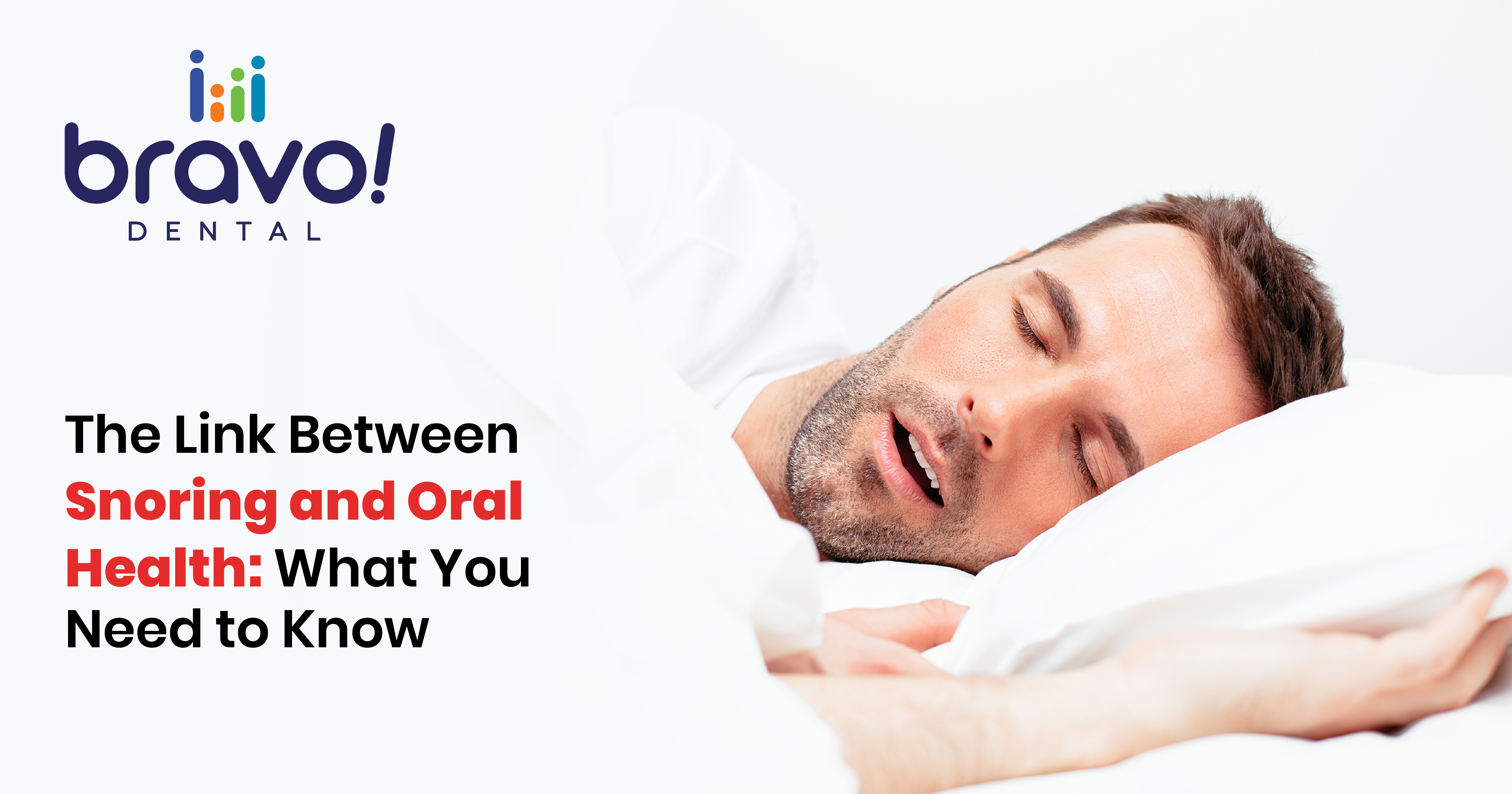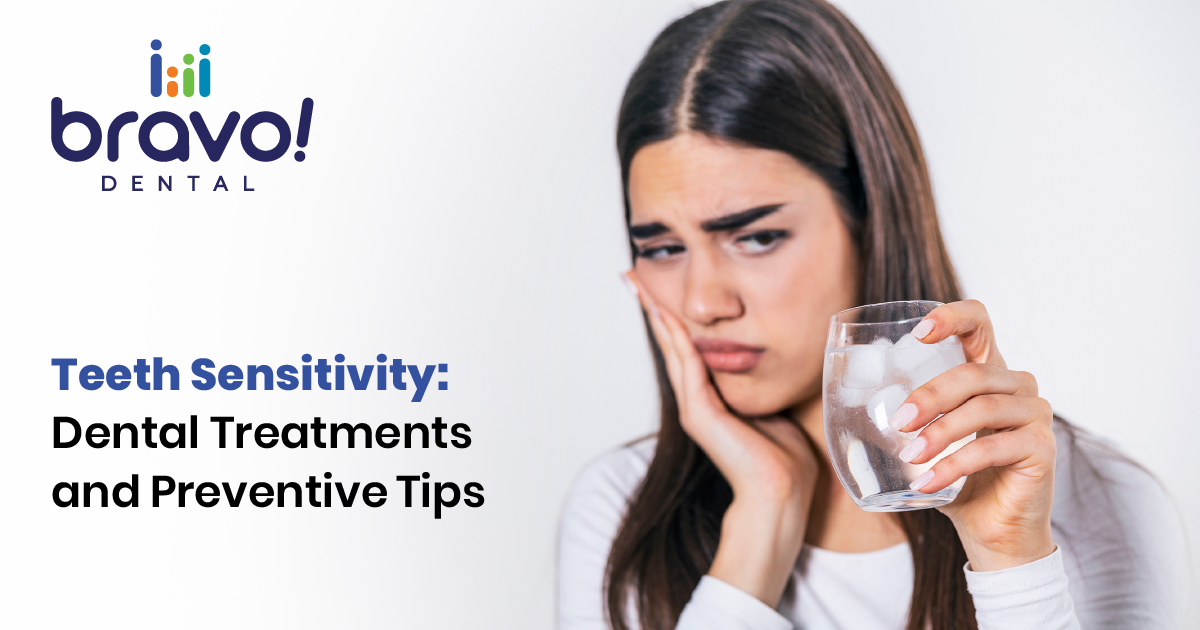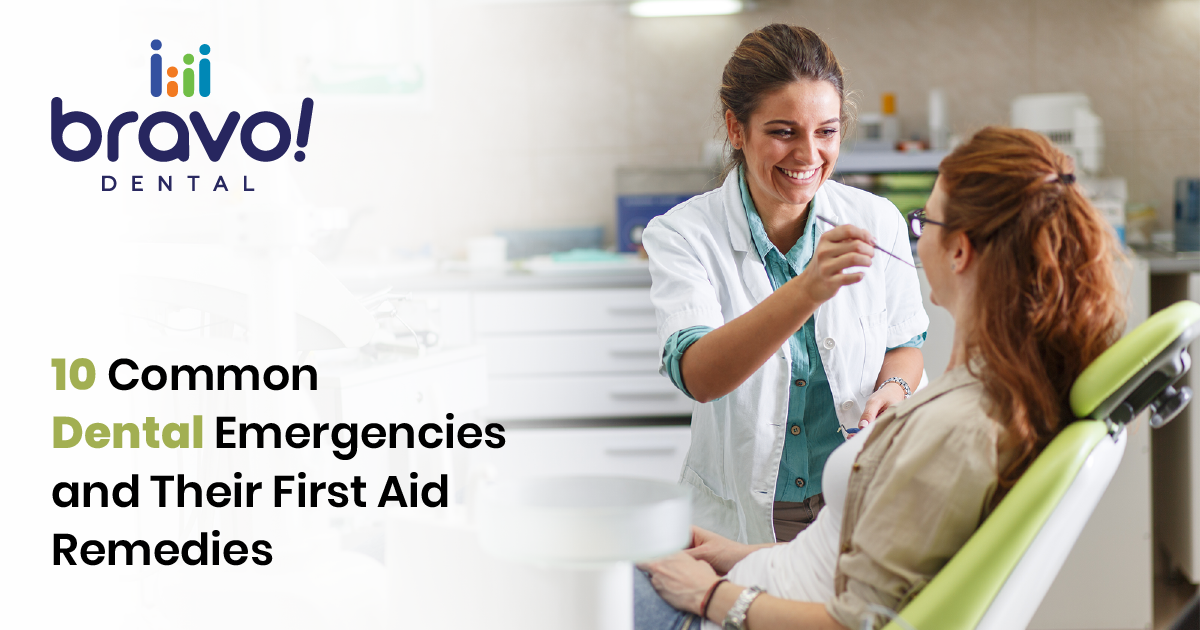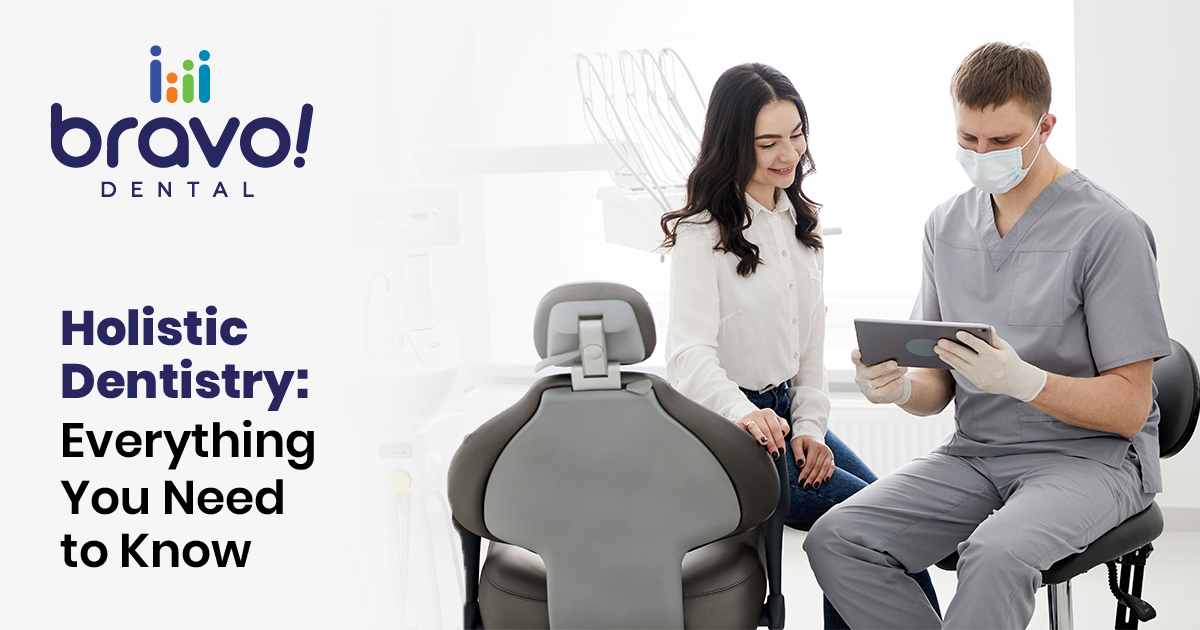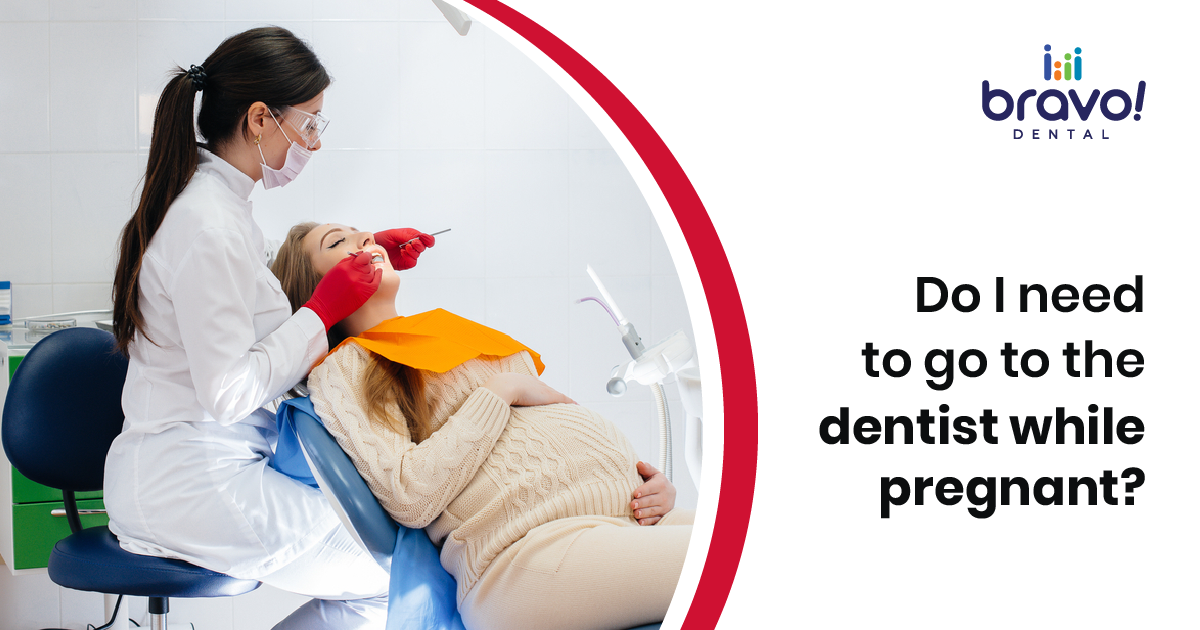
It’s an old wives’ tale that going to the dentist while pregnant is risky for the growing babies and mothers-to-be. In fact, the opposite is true: good dental hygiene is an essential component of a healthy lifestyle for everyone. It is absolutely essential to take good care of your teeth and gums while pregnant. Pregnancy causes hormonal changes that raise the probability of developing a gum disease, which can impact the health of your growing baby.
Mothers with the most severe periodontal disease tend to give birth at the earliest, around 32 weeks. However, it is still not sure that treating gum disease lowers the risk of premature birth. Anyway, seeing a dentist during pregnancy is pivotal for your and your child’s health.
Many pregnant women are concerned about the safety of dental care during pregnancy. It’s understandable; mothers want to do the best for their children, and there’s a lot of misinformation out there.
Here are some pointers to maintaining good oral health before, during, and after pregnancy.
Before Pregnancy
Make an appointment with your dentist beforehand if you are planning to become pregnant. That way, your teeth can be professionally cleaned, your gum tissue can be thoroughly examined, and any oral health issues can be addressed before your pregnancy.
During Pregnancy
If you are pregnant, notify your dentist about your pregnancy and your medications. Dental care can be performed at any time during pregnancy. However, all elective dental procedures should be postponed until after the delivery.
Dental X-rays can be taken while pregnant. To protect you and your baby, your dentist will use extreme caution, such as shielding your abdomen and thyroid. In addition, technological advancements have made X-rays much safer today than in previous decades.
Don’t put off your dental check-up just because you’re pregnant. Regular exams are more important than ever before because pregnancy causes hormonal changes that increase your risk of pregnancy gingivitis. At some point during their pregnancy, 42.62% of pregnant women will develop gingivitis. If you already have severe gum disease, pregnancy can exacerbate it.
Pay close attention to any changes in your gums while pregnant. If you experience tenderness, bleeding, or gum swelling during pregnancy, consult your dentist as soon as possible.
If you have morning sickness and frequent vomiting, rinse your mouth with water or a mouth rinse.
If morning sickness prevents you from brushing your teeth, switch to a bland-tasting toothpaste during pregnancy. Ask your dentist or hygienist for brand recommendations.
Sugary snacks should be avoided. Cravings for sweets are common during pregnancy. Keep in mind, however, that the more frequently you snack, the more likely you will develop tooth decay.
Consume a well-balanced diet. Around 3 months into the pregnancy, your baby’s first teeth appear. Healthy diets rich in dairy products, cheese, and yogurt are high in these minerals and beneficial to a baby’s developing teeth, gums, and bones.
After Pregnancy
If you had gum problems during pregnancy, see your dentist as soon as possible after delivery for a full oral health check.
While some dental care will be limited during pregnancy, maintaining good oral health prior to or during pregnancy will help prevent emergencies with limited pain relief options and provide additional health benefits for the mother and baby. As the need for dental care for pregnant women can differ from person to person, it is suggested to consult your dentist, what’s the right time to visit for a dental checkup and follow their advice. If you are thinking about starting a family, make sure to book an appointment with our dental experts with our experts at Bravo! Dental.
happy to hear from you, contact us
Fill out the contact form below and Feel free to send any question or query.
